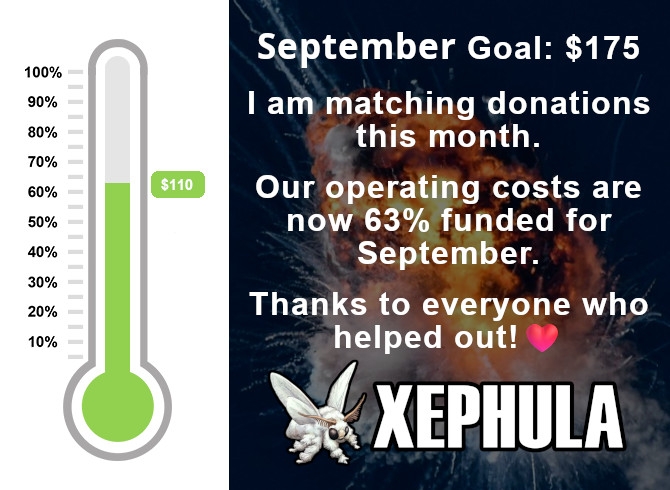Electric cars face several financial challenges that impact their widespread adoption and market growth. Here are some of the key financial problems they encounter:
High Initial Cost: The upfront cost of electric vehicles (EVs) is generally higher than that of internal combustion engine (ICE) vehicles. This is largely due to the expensive battery technology that powers EVs.
Battery Costs: Although the cost of batteries has been decreasing, they still represent a significant portion of the total cost of an EV. Research and development to improve battery efficiency and reduce costs are ongoing but require substantial investment.
Infrastructure Investment: Building a widespread and reliable charging infrastructure requires significant financial investment. Governments and private companies need to collaborate to develop charging stations, which can be costly.
Research and Development: Continuous innovation in battery technology, vehicle design, and software development demands substantial funding. Companies need to invest heavily in R&D to stay competitive and advance EV technology.
Government Subsidies and Incentives: Many EV manufacturers rely on government subsidies and incentives to make their vehicles more affordable for consumers. The reduction or elimination of these subsidies can negatively impact sales and financial stability.
Economies of Scale: Traditional automakers have the advantage of economies of scale due to mass production. EV manufacturers, especially new entrants, may struggle to achieve similar cost efficiencies without large-scale production.
Consumer Perception and Demand: Despite growing interest in EVs, many consumers are still hesitant to switch from ICE vehicles due to concerns about range, charging availability, and resale value. This affects market demand and, consequently, financial performance.
Competition: The automotive industry is highly competitive, with many established players and new startups entering the EV market. This competition can drive down prices and profit margins, making it challenging for companies to remain financially viable.
Supply Chain Issues: Sourcing raw materials for batteries, such as lithium, cobalt, and nickel, can be expensive and subject to geopolitical and environmental issues. Supply chain disruptions can increase costs and impact production schedules.
Regulatory Compliance: Meeting stringent environmental and safety regulations requires continuous investment in compliance measures, which can be financially burdensome, especially for smaller manufacturers.
Addressing these financial challenges is crucial for the long-term success and sustainability of the electric vehicle industry. Collaboration between governments, manufacturers, and consumers is essential to overcome these hurdles and drive the adoption of electric vehicles.
Electric cars face several financial challenges that impact their widespread adoption and market growth. Here are some of the key financial problems they encounter:
High Initial Cost: The upfront cost of electric vehicles (EVs) is generally higher than that of internal combustion engine (ICE) vehicles. This is largely due to the expensive battery technology that powers EVs.
Battery Costs: Although the cost of batteries has been decreasing, they still represent a significant portion of the total cost of an EV. Research and development to improve battery efficiency and reduce costs are ongoing but require substantial investment.
Infrastructure Investment: Building a widespread and reliable charging infrastructure requires significant financial investment. Governments and private companies need to collaborate to develop charging stations, which can be costly.
Research and Development: Continuous innovation in battery technology, vehicle design, and software development demands substantial funding. Companies need to invest heavily in R&D to stay competitive and advance EV technology.
Government Subsidies and Incentives: Many EV manufacturers rely on government subsidies and incentives to make their vehicles more affordable for consumers. The reduction or elimination of these subsidies can negatively impact sales and financial stability.
Economies of Scale: Traditional automakers have the advantage of economies of scale due to mass production. EV manufacturers, especially new entrants, may struggle to achieve similar cost efficiencies without large-scale production.
Consumer Perception and Demand: Despite growing interest in EVs, many consumers are still hesitant to switch from ICE vehicles due to concerns about range, charging availability, and resale value. This affects market demand and, consequently, financial performance.
Competition: The automotive industry is highly competitive, with many established players and new startups entering the EV market. This competition can drive down prices and profit margins, making it challenging for companies to remain financially viable.
Supply Chain Issues: Sourcing raw materials for batteries, such as lithium, cobalt, and nickel, can be expensive and subject to geopolitical and environmental issues. Supply chain disruptions can increase costs and impact production schedules.
Regulatory Compliance: Meeting stringent environmental and safety regulations requires continuous investment in compliance measures, which can be financially burdensome, especially for smaller manufacturers.
Addressing these financial challenges is crucial for the long-term success and sustainability of the electric vehicle industry. Collaboration between governments, manufacturers, and consumers is essential to overcome these hurdles and drive the adoption of electric vehicles.








